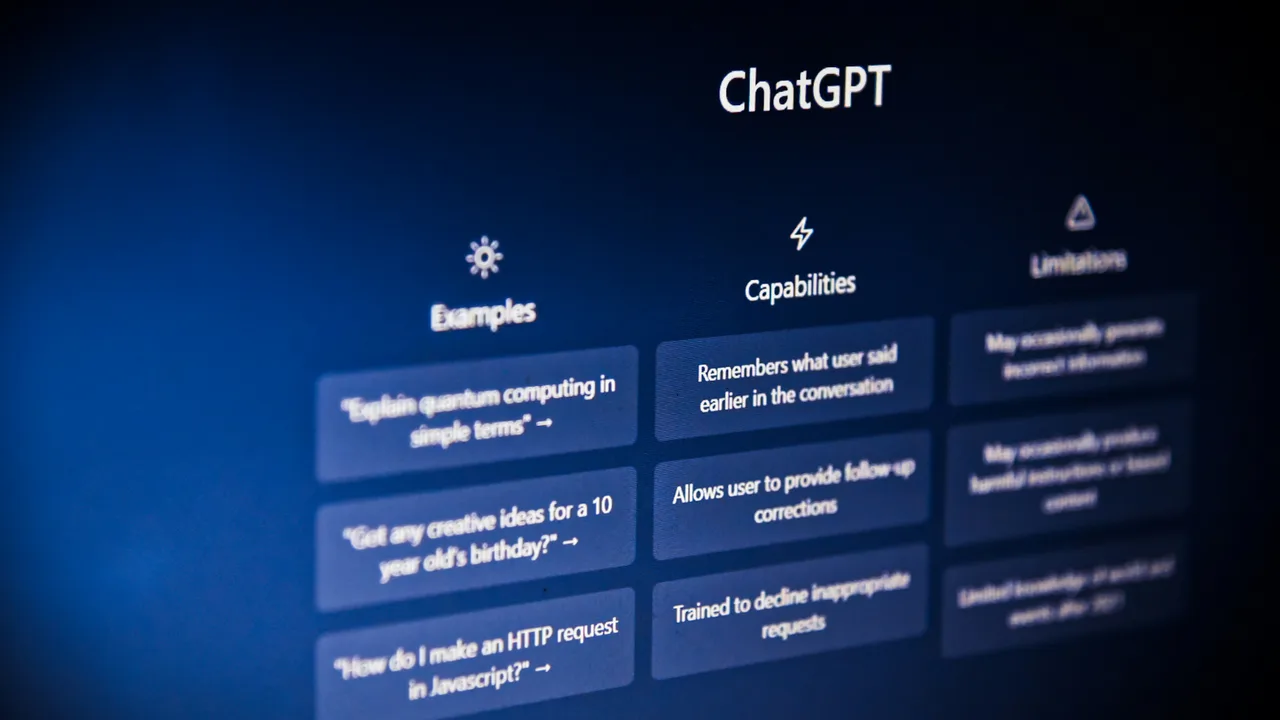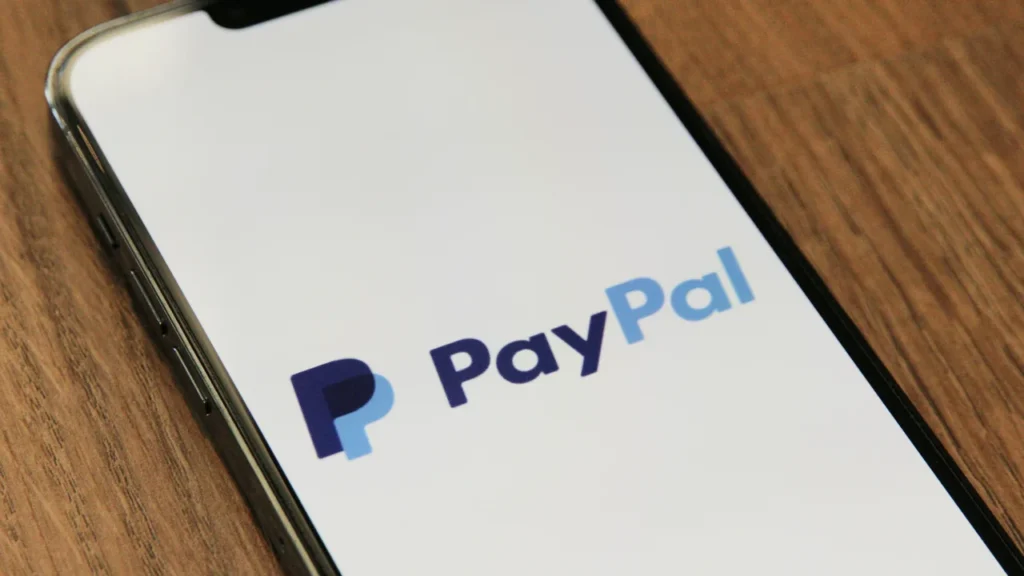In a groundbreaking move for the fintech and artificial intelligence industries, PayPal has announced a strategic partnership with OpenAI to integrate its digital wallet directly into ChatGPT. This collaboration aims to transform the way people shop online—turning simple conversations into instant transactions.
Turning Conversations into Commerce
With this new partnership, users will be able to complete purchases directly within ChatGPT using PayPal’s secure payment system. Whether discovering a product through a chat recommendation or browsing an AI-generated list of items, customers can finalize their orders without ever leaving the ChatGPT interface. A new “Buy with PayPal” button will make checkout possible in just a few clicks.
For PayPal’s millions of merchants, the integration opens access to an entirely new sales channel inside one of the world’s most widely used AI platforms. Businesses that already accept PayPal will automatically become discoverable within ChatGPT, allowing users to explore, compare, and purchase their products in real time.
Introducing the Era of Agentic Commerce
The partnership represents a major step toward what industry analysts are calling “agentic commerce”—a model in which AI agents not only recommend products but also facilitate and complete the purchase on behalf of the user. By combining OpenAI’s conversational capabilities with PayPal’s global payments infrastructure, the two companies are setting the foundation for this next wave of digital commerce.
Instead of switching between apps or websites, users can simply tell ChatGPT what they want—like “find me the best noise-canceling headphones under $200”—and the chatbot can handle everything from product comparison to checkout, all powered by PayPal’s secure network.
Key Features and Benefits
- One-Click Checkout: ChatGPT users can pay instantly through PayPal without leaving the chat, using stored payment options and benefiting from PayPal’s buyer protection policies.
- Merchant Discovery: Millions of PayPal-enabled merchants will automatically become searchable and accessible in ChatGPT, expanding their exposure to new audiences.
- AI-Driven Shopping Experience: ChatGPT can recommend, compare, and finalize purchases using real-time data and personalized preferences.
- Enhanced Security: PayPal’s encryption, fraud detection, and dispute resolution systems ensure that payments within ChatGPT remain safe and reliable.
- Seamless Integration: Merchants don’t need to build new APIs or tools—PayPal handles the connection between ChatGPT and its existing merchant ecosystem.
Why This Partnership Matters

The deal strengthens PayPal’s position as a leader in digital payments while giving OpenAI a crucial partner for expanding ChatGPT’s practical use cases. It transforms ChatGPT from a purely conversational assistant into a functional e-commerce platform—bridging the gap between search, discovery, and payment.
For PayPal, the integration is an opportunity to capture new transaction volume as consumers increasingly rely on AI to make decisions. For OpenAI, it’s a natural step in commercializing ChatGPT and creating a self-contained digital marketplace inside the platform.
Market Reaction
Investors responded positively to the announcement. PayPal’s stock price rose sharply following the news, reflecting optimism about the company’s renewed focus on innovation and growth. Analysts noted that the deal could help PayPal regain momentum in the competitive digital payments market by aligning itself with one of the fastest-growing AI platforms in the world.
How the System Will Work
Once implemented, users will be able to explore products or services within ChatGPT conversations. For instance, if a user asks for “the best online courses in digital marketing,” ChatGPT could present a list of PayPal-enabled merchants offering such courses. When the user decides to buy, they can complete the payment instantly through PayPal’s integrated checkout flow—no browser redirects, no form-filling.
Merchants, meanwhile, can use their existing PayPal accounts to participate in this ecosystem. They won’t need to manually set up ChatGPT integrations or modify their payment systems, as PayPal’s backend will manage the process automatically.
Opportunities and Challenges
Although the partnership introduces exciting opportunities, it also raises several challenges that both companies will need to address as they roll out the service.
- User Experience: The success of this integration will depend on how natural and intuitive the checkout flow feels within a chat environment.
- Security and Trust: As users become comfortable with making payments inside an AI chat, maintaining transparency and data privacy will be essential.
- Merchant Optimization: Businesses will need to adapt their content and product data to fit AI-driven discovery, ensuring their offerings are easily understood by the ChatGPT model.
- Competition: Rivals like Stripe, Apple Pay, and Google Pay could soon pursue similar partnerships with other AI platforms, making this a fast-moving and competitive space.
Expected Rollout
According to both companies, the integration will roll out in phases. Early testing will begin with a select group of merchants and users before expanding globally. Broader access is expected in 2026 once PayPal completes full technical integration with OpenAI’s platform.
During the initial rollout, users may start seeing “Buy with PayPal” prompts in specific ChatGPT use cases, particularly in scenarios involving product recommendations, digital services, or content subscriptions.
Strategic Impact on Both Companies
For PayPal
This move allows PayPal to modernize its image and position itself as a payments provider for the AI era. It extends the company’s reach into conversational interfaces and opens a new stream of transactions beyond traditional e-commerce sites.
For OpenAI
Integrating a trusted payment platform adds real-world utility to ChatGPT. It turns the chatbot into more than a tool for generating ideas or answers—it becomes a transactional platform capable of completing the purchase process end-to-end.
The Bigger Picture: AI Meets Fintech
This partnership illustrates how the boundaries between AI and fintech are rapidly disappearing. As conversational agents like ChatGPT become smarter and more capable, embedding payment options directly within them could redefine how people shop and pay online. The experience moves from passive interaction (“tell me about this product”) to active fulfillment (“buy it for me now”).
For consumers, that means convenience. For merchants, it means new exposure. And for the broader economy, it signals the beginning of a new era where artificial intelligence doesn’t just assist with information—it drives action and commerce.
Conclusion
The PayPal-ChatGPT payments deal marks a turning point in how AI and financial technology intersect. By combining conversational intelligence with seamless payments, PayPal and OpenAI are laying the groundwork for a future where buying online could be as simple as chatting with an AI assistant.
As both companies continue to innovate, this collaboration may well define the next chapter of e-commerce—where conversation, recommendation, and transaction converge into a single, fluid experience.



